Where Health Meets Beauty, Mental Health, and Faith: Learning from the Farmaceutica di Santa Maria Novella
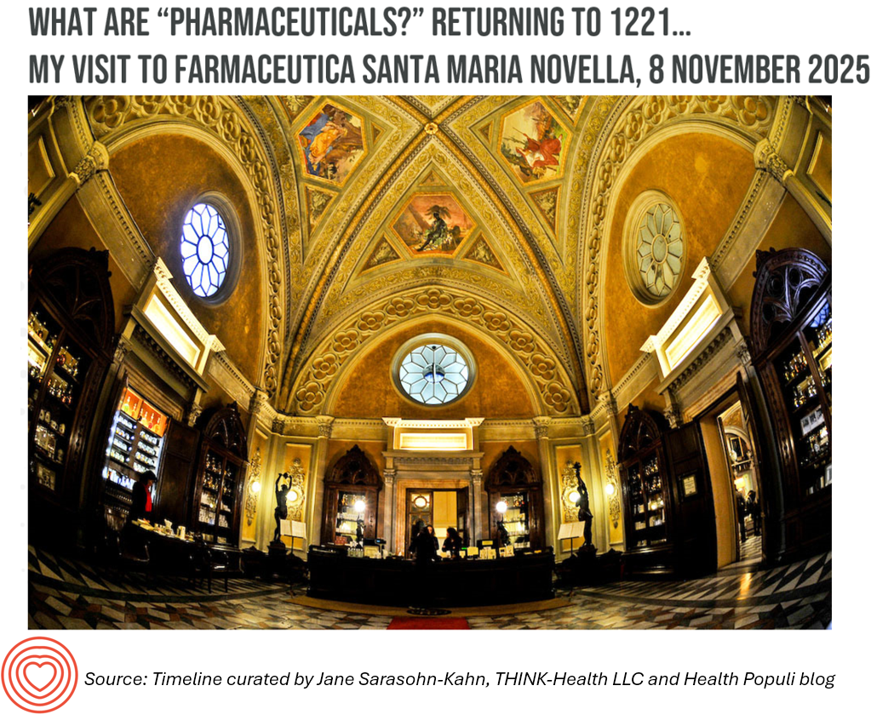
What is a pharmacy? And what are “medicines?” I’ve been thinking about this question for some time, and had the opportunity to consider this in real-time in a sort of back-to-the-past-to-the-future moment when I spent time at the glorious Farmaceutica of Santa Maria Novella (SMN) in Florence, Italy (in longhand, the “Officina Profumo-Farmaceutica di Santa Maria Novella)” on 8th November. This meet-up at this 800+ year old institution is one of many touchpoints in my work and personal life between late October and late November, where I’m working on health/care issues in 4 Euro cities: starting with London in week
“People will seek wellness, peace and healing” – Reading the GWI Future of Wellness Report, 2024 Trends
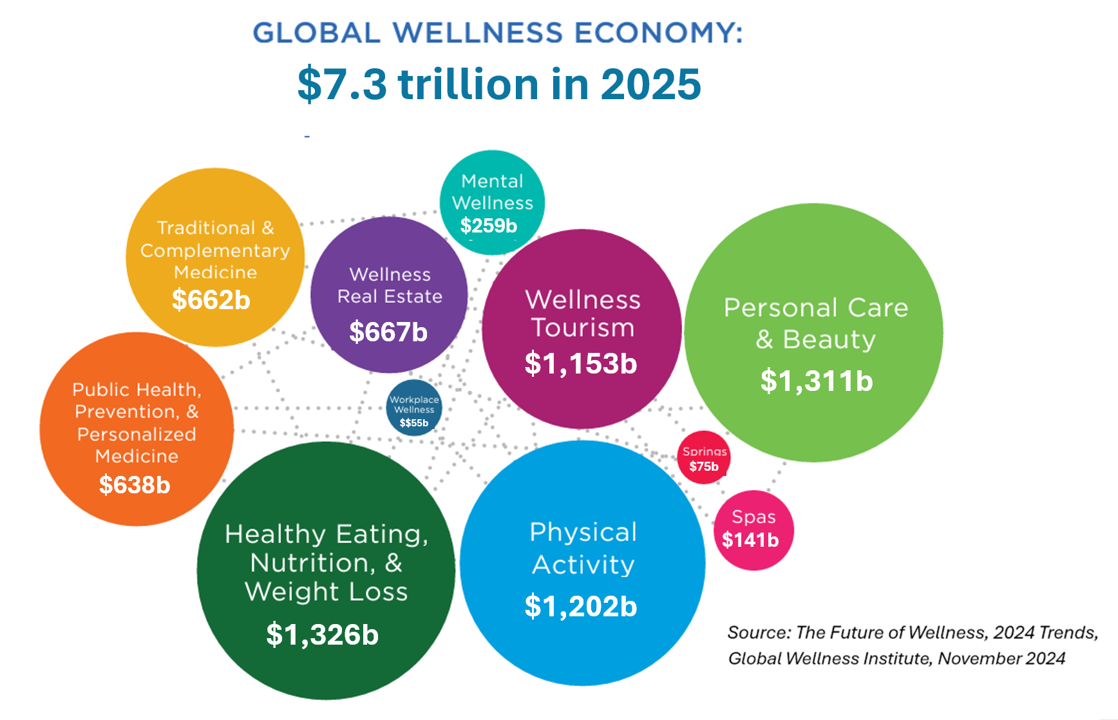
Healthy eating and weight loss, personal care and beauty, exercise and physical activity, and wellness tourism are the four biggest components of the world’s wellness economy, quantified in The Future of Wellness, 2024 Trends, the perennial report from the Global Wellness Institute (GWI). Here’s the bubble chart, which I’ve updated with the 2025 data so we get a sense of what the coming year will bring for the eleven total segments that make up the global wellness market. The fine print of the projections for these areas identifies the annual growth rates for
Rebel Health: The Personal and Professional Passion of Susannah Fox
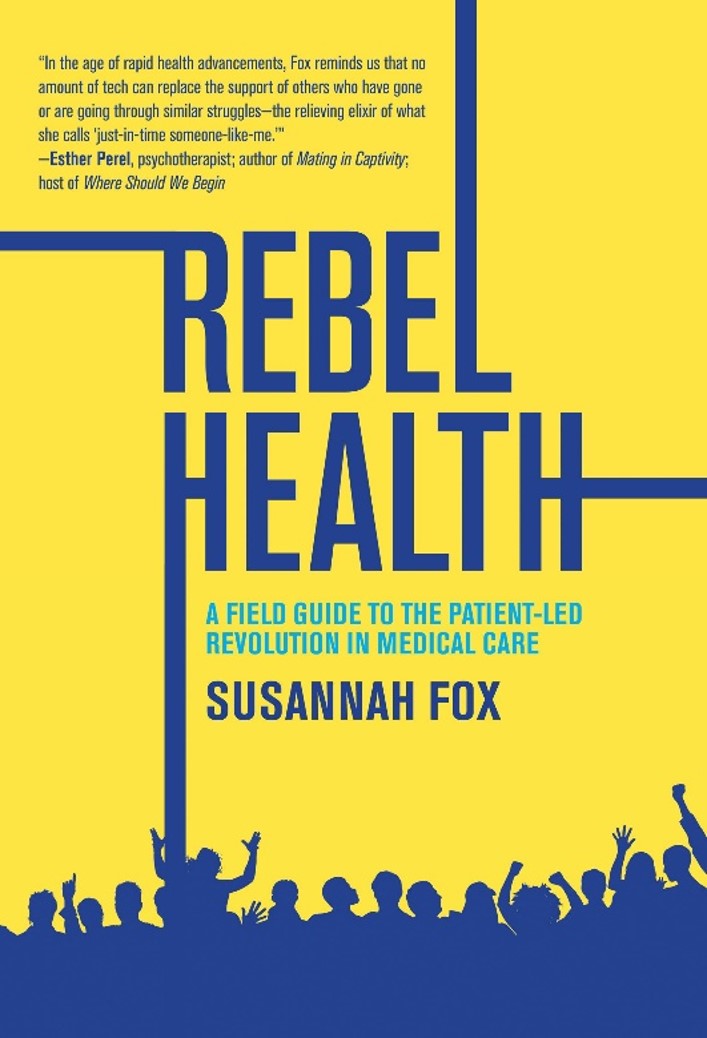
A “rebel” is both a noun and a verb. As a noun, Merriam-Webster tells us that a rebel is a person who opposes or takes up arms against a government or a ruler. As a verb, “to rebel” is to oppose or disobey one in authority or control, or otherwise renounce and resist by force the authority of one’s government.” An additional definition of the verb is, “to feel or exhibit anger or revulsion.” If you’ve been a patient facing a diagnosis of an illness, whether rare or common, you may well have felt these various feelings stirring inside your self.
DIY Health Care and Self-Care Accelerating in the Pandemic
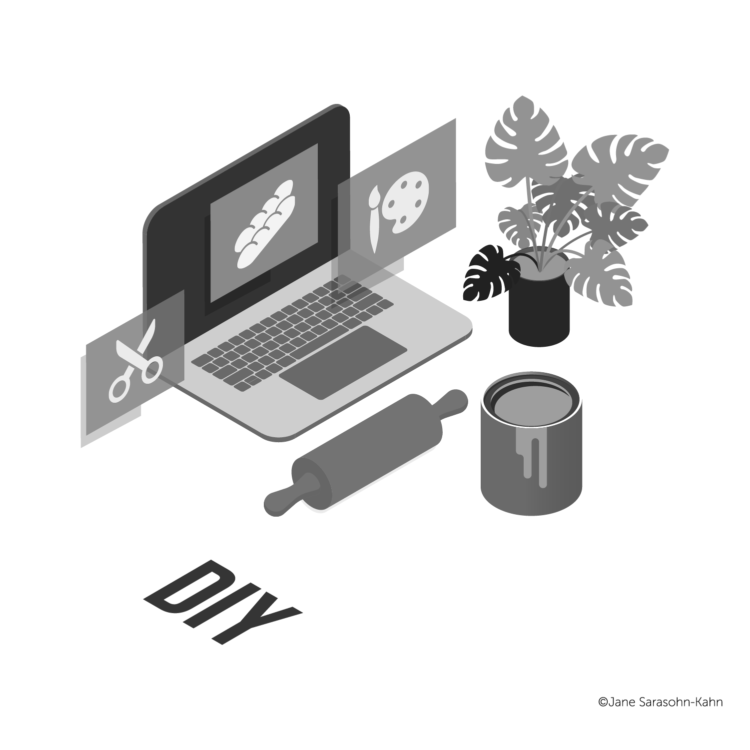
The coronavirus pandemic has spawned many side-effects re-shaping consumers’ everyday lives. Among them, more time at home, DIY life-flows, and financial well-being are driving growth of self-care health care. An article in the latest Drug Store News talks about consumers growing more health-conscious, adopting natural, homeopathic products. “It’s about more than washing your hands,” David Salazar explains. “Fending off illness has become a state of mind for many consumers throughout the COVID-19 pandemic.” In feeling dis-empowered in the face of the pandemic – with the first shock of the Great Lockdown and stay-at-home mandates – we’ve taken on more do-it-yourself behaviors, from
Time To Travel And Wait In Health Care: The Opportunity For Self-Care At Home
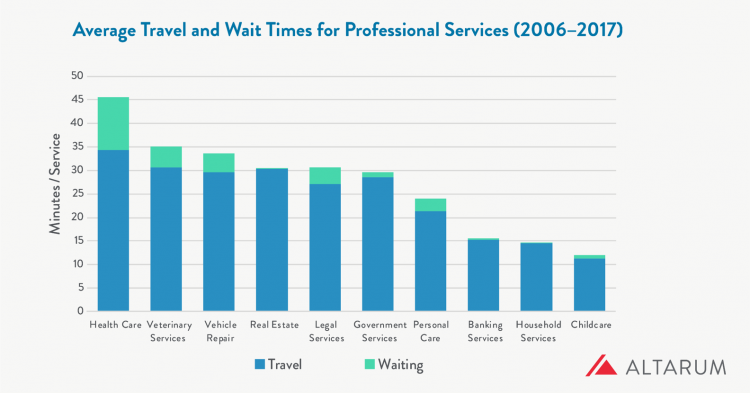
What industry compels its “consumers” to wait longer and travel further for services more than any other in a person’s daily life? That would be health care, a report from Altarum notes. People travel further and wait longer for medical services than for veterinary care (second in this line-up), auto repair, banking, and household services. The annual opportunity cost for travel and wait time in health care is $89 billion, Altarum estimated. For the average person, that translates to 34 minutes of travel time and 11 minutes waiting time at the provider’s office. In terms of personal opportunity costs, Altarum gauged the
Physicians Don’t Talk Enough with Patients About Non-Medical Needs

Most patients wish their doctors would have a conversation with them about non-medical issues. The Doctor-Patient Conversation, a survey conducted for the Samueli Foundation by the Harris Poll, examined how patients feel about their health, healthcare, and relationships with physicians. The Samueli Institute, has several missions including integrative health with a focuses on evidence-based practices for healing, wellbeing and resilience. Patients are keen to learn about non-medication alternatives, like food-as-medicine, meditation, and acupuncture. But most doctors base their conversations with patients on purely medical options like lab test results and surgical procedures. The top issues doctors discuss with patients are
On World Food Day 2018, Imagine A Chef Cooking for Patients

Today, October 16, is World Food Day. At Health Populi and THINK-Health, we celebrate the birthday of the Food and Agriculture Organization (FAO), allied with the United Nations. FAO was founded to address malnutrition and bolster a sustainable, healthy food supply for people. World Food Day 2018 has four objectives: Don’t waste food Produce more food with fewer resources Advocate for #ZeroHunger by 2030, and, Adopt a healthier, more sustainable diet. All four of these pillars play a role in health, but I’ll focus today on the fourth: the role of food as a major social determinant of health. Hunger
Cost and Personalization Are Key For Health Consumers Who Shop for Health Plans
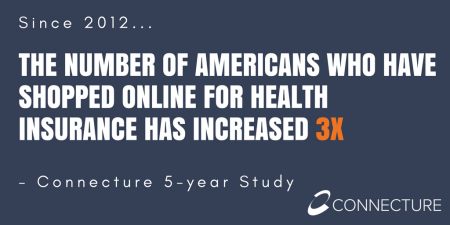
Between 2012 and 2017, the number of US consumers who shopped online for health insurance grew by three times, from 14% to 42%, according to a survey from Connecture. Cost first, then “keeping my doctor,” are the two top considerations when shopping for health insurance. 71% of consumers would consider switching their doctor(s) to save on plan costs. Beyond clinician cost, health plans shoppers are also concerned with prescription drug costs in supporting their decisions. 80% of consumers would be willing to talk with their doctors about prescription drug alternatives, looking for a balance between convenience
The Pharmacy as Herbalist – An Italian Prescription
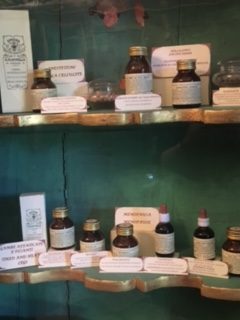
CNN called it, “the ancient perfume store you never heard of,” but the Officina Profumo-Farmaceutica di Santa Maria Novella had its literal roots in medicinal herbs. With scents wafting onto a 13th century Florence piazza, the Farmacia now operates as a pharmacy storefront for homeopathic and herbal supplements, along with perfumes and home scents. A visit to the pharmacy today is a journey into medicinal time-travel, back to the year 1221. I spent time in the pharmacy today to learn about the literal roots of the shop in medicinal herbs cultivated in a monastery garden and reformulated by monks into
Marketing Medicines: Going Boldly and Accessibly for Rx

Over the past two weeks, we see two marketing campaigns emerge to market medicines: first, from the branded pharmaceutical association PhRMA, the #GoBoldly initiative with a theme of innovation and personalized medicine. Second, there’s a campaign from the Generic Pharmaceutical Association (GPhA), rebranding the organization as the Association for Accessible Medicines with the tagline, “keep medicines in reach.” What’s this all about? To put these marketing initiatives in context, let’s start with the publication of Express Scripts 2016 Drug Trend Report. “Drug trend” is short-hand for growth in prescription drug spending, year on year. The first graph illustrates the price index
Medical Tourism On A Cruise Ship

Health is everywhere: where we live, work, play, and learn, as I’ve often written here on Health Populi. While I’ve also analyzed the market for medical tourism over the past twenty years, this week I’ve learned that it extends to the cruise travel industry along with hospitals and clinics around the world. I had the pleasure of meeting up this week with Hannah Jean Taylor, Manager of the Mandara Spa on Norwegian Cruise Line‘s ship, The Norwegian Breakaway. This vessel accommodates nearly 4,000 passengers who enjoy the services of over 1,600 staff members in the hotel, entertainment, and operational crews.
Finding Affordable Care In a Deductible World: The Growing Role of Alternative Therapies
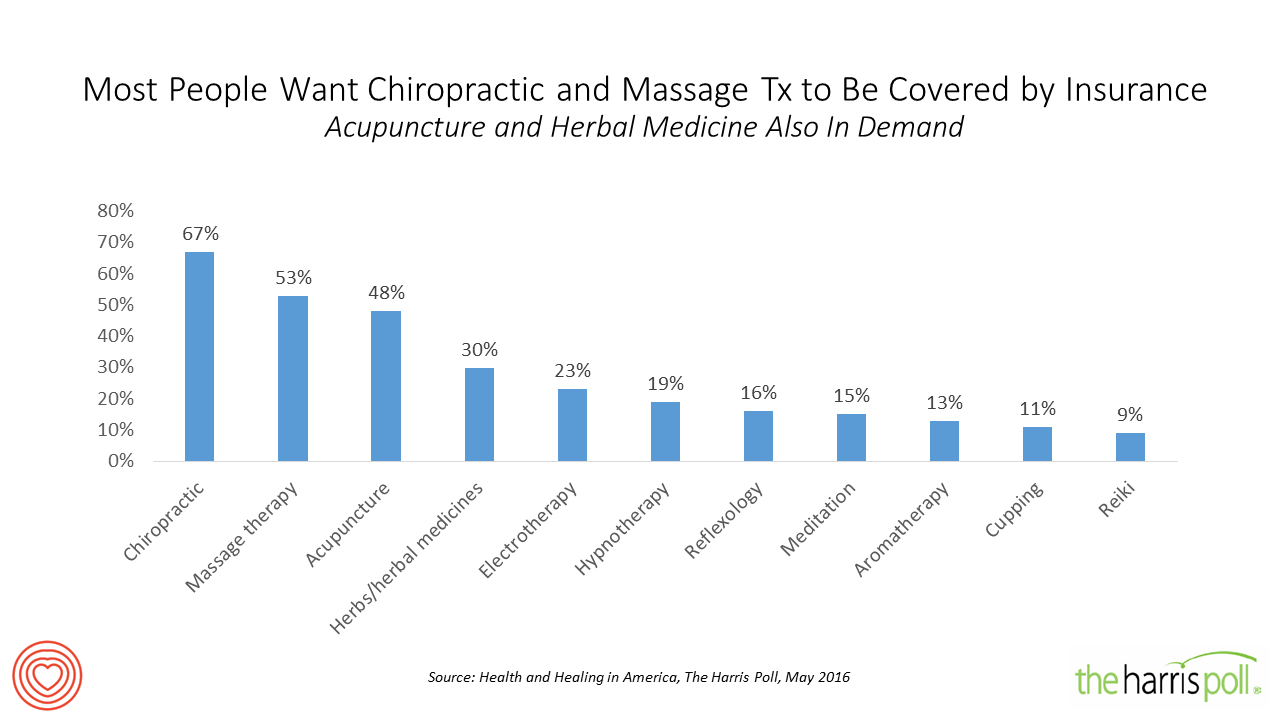
Faced with the increasing financial responsibility for healthcare payments, and a desire to manage pain and disease via “natural” approaches, more U.S. consumers are seeking and paying for non-conventional or naturopathic therapies — complementary and alternative medicine (CAM). Health and Healing in America, The Harris Poll conducted among U.S. adults, learned that two in three Americans see alternative therapies as safe and effective. 1 in 2 people see alternative therapies as reliable. And most people believe that some of these treatments, like chiropractic and massage therapy, should be reimbursed by health insurance companies. Seven in 10 Americans have used alternative





 Thanks to Jennifer Castenson for
Thanks to Jennifer Castenson for 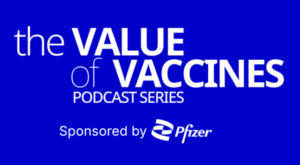 Jane joined host Dr. Geeta "Dr. G" Nayyar and colleagues to brainstorm the value of vaccines for public and individual health in this challenging environment for health literacy, health politics, and health citizen grievance.
Jane joined host Dr. Geeta "Dr. G" Nayyar and colleagues to brainstorm the value of vaccines for public and individual health in this challenging environment for health literacy, health politics, and health citizen grievance.  I'm grateful to be part of the Duke Corporate Education faculty, sharing perspectives on the future of health care with health and life science companies. Once again, I'll be brainstorming the future of health care with a cohort of executives working in a global pharmaceutical company.
I'm grateful to be part of the Duke Corporate Education faculty, sharing perspectives on the future of health care with health and life science companies. Once again, I'll be brainstorming the future of health care with a cohort of executives working in a global pharmaceutical company.